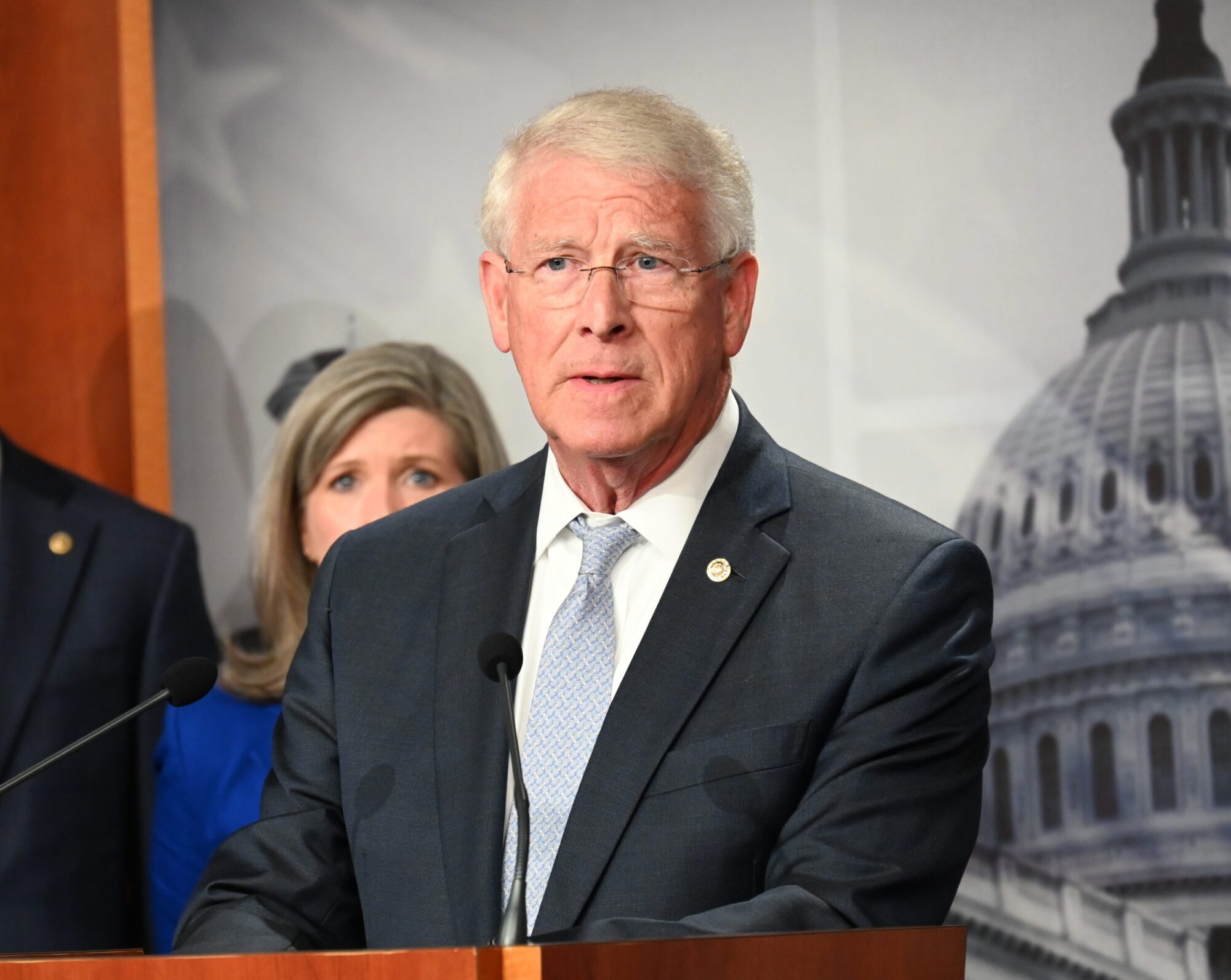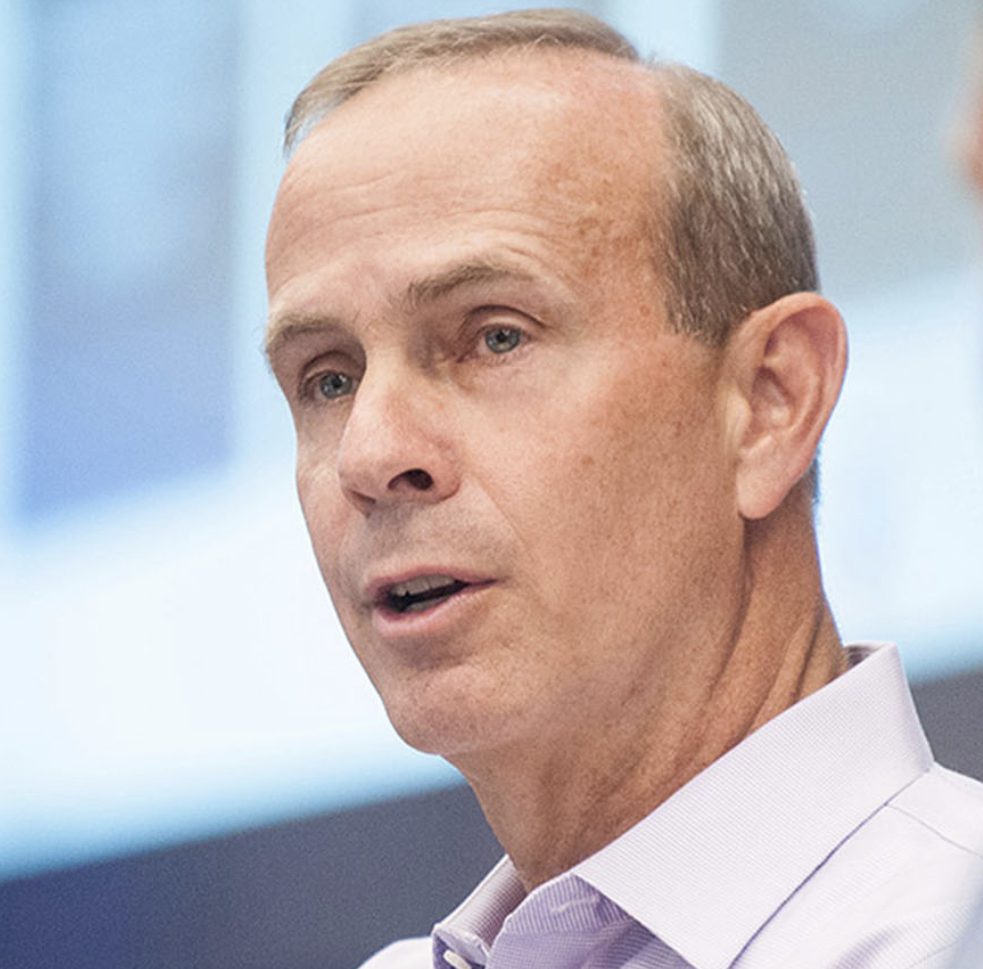
Submitted by Lex Taylor, Taylor Machine Works
A weak domestic supply chain increases costs, makes America vulnerable, and hurts economic growth.
These days it seems like people are talking about three things: gas prices, baby formula shortages, and inflation. America’s domestic supply chain is contributing to all three. In Mississippi, the supply chain issues originating from the pandemic continue to worsen. While many lawmakers are content to put the blame on COVID, Putin, or China, Mississippi Senator Roger Wicker is working to resolve shortages and strengthen America’s supply chain.
Members of Congress have begun negotiating an important piece of legislation known as the Bipartisan Innovation Act (BIA). The BIA builds upon legislation already passed by the House and the Senate to revitalize domestic manufacturing, rebuild domestic supply chains, and advance our nation’s economic security.
Addressing our current supply chain challenges is incredibly important to preserving our quality of life. Right now, more than 70 percent of equipment manufacturers continue to experience supply chain issues and expect them to get worse in the future. If passed, the Bipartisan Innovation Act will establish an Office of Supply Chain Resiliency to assist industry in identifying supply chain risks, and work with the private sector to address vulnerabilities and leverage private investment in domestic manufacturing of critical goods.
For example, the medical supply chain in Mississippi is still impacting patient care months after COVID hospitalizations have waned. Diagnostic equipment, lab results, and availability of certain types of medicines are all currently impacted by supply chain disruptions. Without a clear strategy to address shortages of everything from MRIs to pipettes, the standard of care patients expect and deserve from their healthcare providers is at risk. The BIA could provide funding and technical assistance to address shortages and improve access to products across the healthcare supply chain.
And less life-threatening but equally disruptive are the supply chain issues that we have seen throughout the entire economy, whether it’s the shortage of semiconductors with auto and heavy equipment manufacturers, the shortage of raw materials needed in manufacturing, or the skyrocketing cost of fertilizer in the agriculture industry, no sector is immune from these supply chain issues.
Moving forward, America must create a better plan to bring components and finished goods to their destination consistently and efficiently. Building capacity and resiliency across our own supply chain is as important as addressing the shortages themselves. A strong supply chain is the foundation of a strong economy, and America’s supply chain is in trouble.
A weak domestic supply chain increases costs, makes America vulnerable to global market disruptions, and hurts economic growth. At a time when skyrocketing gas prices, high inflation, and ongoing food shortages are hurting American families, the need to strengthen America’s supply chain is greater than ever. Mississippi plays an important part in America’s distribution network, and a weak supply chain impacts our state more than most. As a ranking member of the conference committee negotiating the Bipartisan Innovation Act, Senator Roger Wicker is an important voice leading on this issue.
Swift passage of the Bipartisan Innovation Act is needed to address the supply chain challenges facing a number of critical industries in our state like healthcare, energy, and national defense. Mississippi needs Senator Wicker to continue to advocate for comprehensive improvements across the supply chain, and work to pass the Bipartisan Innovation Act to address supply chain weaknesses before they impact us even more.
###
Submitted by Lex Taylor of Taylor Machine Works.











